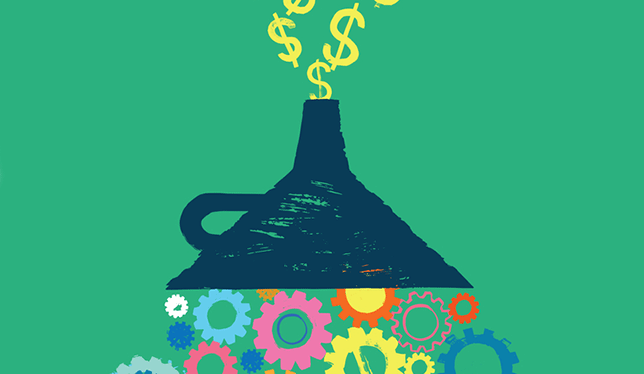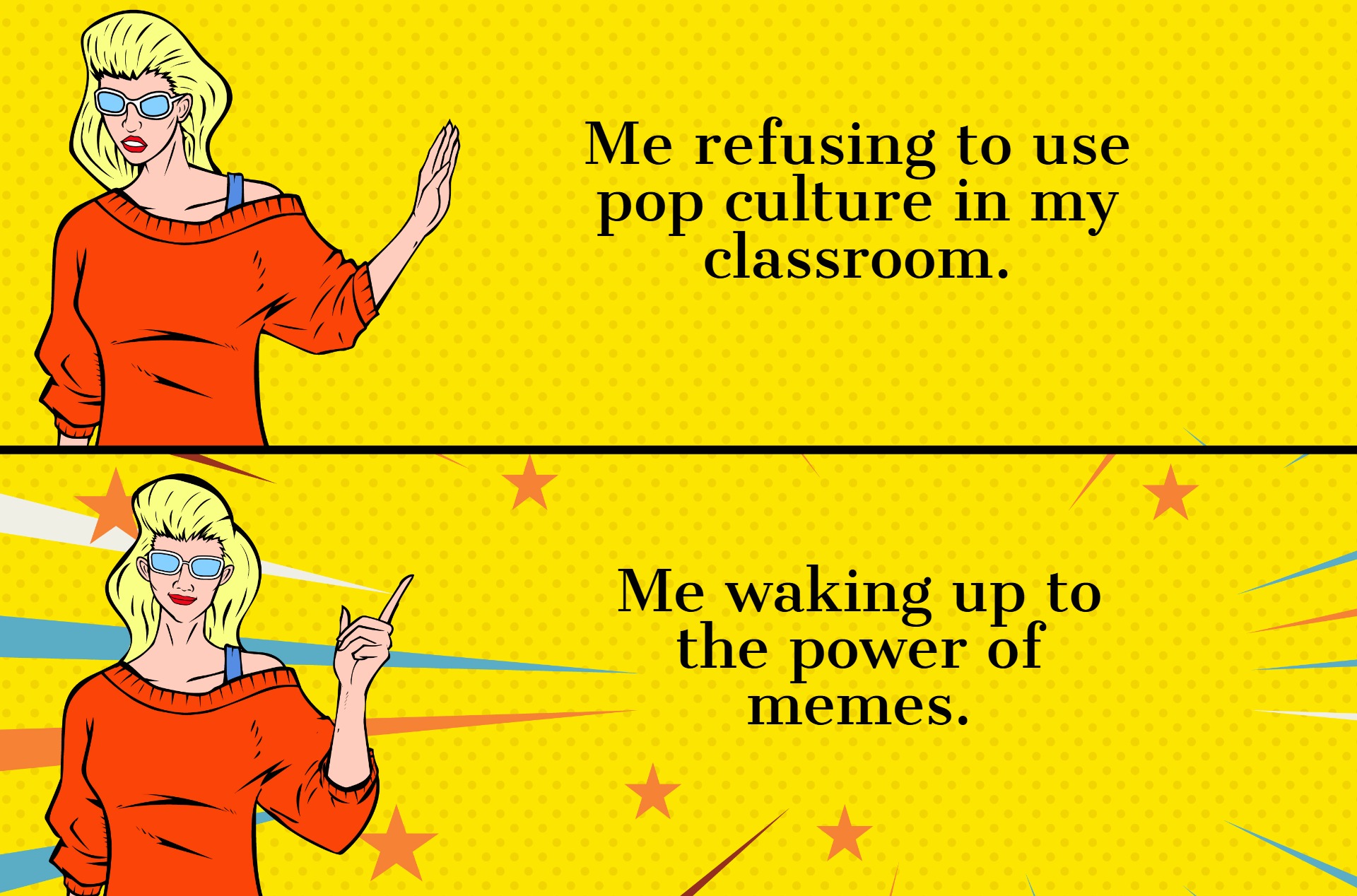Investing in humanities, social sciences is key to post-pandemic recovery
Our society is at risk if we undervalue or underfund social science and humanities disciplines.

The pandemic may have shone the spotlight on all things science, but it will take more than scientific discoveries to ensure Canada emerges stronger post-COVID-19. In our rapidly changing world, government policymakers will need to recognize the important insights gained through humanities and social sciences research to drive COVID-19 recovery and secure a better future for Canadians.
Beyond the health crisis, the pandemic brought to the forefront a complex range of socio-economic issues – from racism and inequality to the rise of populism, poverty, and human migration – and Canada must have the right skills and knowledge to successfully address them. The critical role the humanities and social sciences play in this process must not be underestimated.
A new report by the Federation for the Humanities and Social Sciences notes that the humanities and social sciences make up more than one-third of postsecondary enrolments in Canada and students pursuing these disciplines – from philosophy, sociology, psychology, and economics to modern languages, history, and political science – are securing rewarding careers.
Employers are increasingly looking for talent with sophisticated communication and leadership skills, analytical and problem-solving abilities, and an aptitude for interpersonal relationships – all hallmarks of a humanities and social sciences education. These skills help businesses of all kinds – including tech companies – grow and thrive. And with automation expected to impact 50 per cent of Canadian jobs in the next decade, the demand for these talents will only increase.
Our society is at risk if we undervalue or underfund social sciences and humanities disciplines. It is commendable that the federal government targeted 20 per cent of research funding for them, but the actual rate has not yet risen above 16 per cent. The complex challenges of today’s world make it more urgent than ever to address this.
According to The University of British Columbia president Santa Ono, “We need the liberal arts to help make sense of our world as we grapple with issues like climate change, with hatred and prejudice, with economic inequality, with runaway technological change – the humanities can give us the critical thinking skills and the perspective to deal with these issues.”
Add to this list food insecurity, artificial intelligence, gene therapy, decolonization and reconciliation between Indigenous and non-Indigenous peoples. Let’s not forget COVID-19 myths – and there are many, according to a Université de Sherbrooke study that showed one in 10 Canadians believed some sort of conspiracy about the cause of the pandemic, and 38 per cent believed their government was hiding important details about the pandemic. Each of these issues is shaped by human behaviour and public policy, and therefore, their solutions require the contributions of the humanities and social sciences.
The value of these disciplines is further underscored by the Congress of the Humanities and Social Sciences, Canada’s largest academic gathering. Whether virtually or in-person, Congress attracts people from across the country and around the world who deliver thousands of research papers and presentations on topics including equity, diversity, inclusion, and decolonization (EDID), sociology, environment, history, literature, education, philosophy, law, religion and everything in between.
Canada will need to value and support these disciplines in order to build a better, more inclusive and sustainable future. As we begin to author the next chapter in our history, we will need the humanities and social sciences more than ever.
Mike DeGagné is president and CEO of Indspire, and chair of the board of directors of the Federation for the Humanities and Social Sciences, a non-profit member-based organization that promotes research and teaching for the advancement of an inclusive, democratic, and prosperous society.
Featured Jobs
- Psychology - Assistant Professor (Speech-Language Pathology)University of Victoria
- Education - (2) Assistant or Associate Professors, Teaching Scholars (Educational Leadership)Western University
- Veterinary Medicine - Faculty Position (Large Animal Internal Medicine) University of Saskatchewan
- Business – Lecturer or Assistant Professor, 2-year term (Strategic Management) McMaster University
- Canada Excellence Research Chair in Computational Social Science, AI, and Democracy (Associate or Full Professor)McGill University















Post a comment
University Affairs moderates all comments according to the following guidelines. If approved, comments generally appear within one business day. We may republish particularly insightful remarks in our print edition or elsewhere.